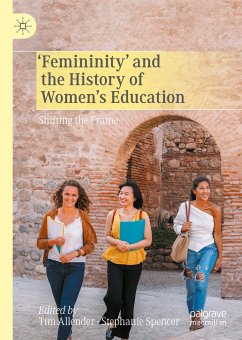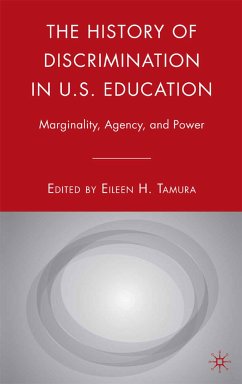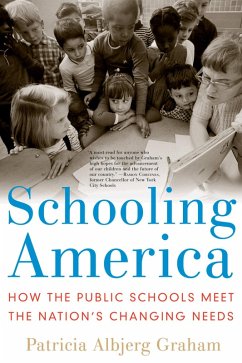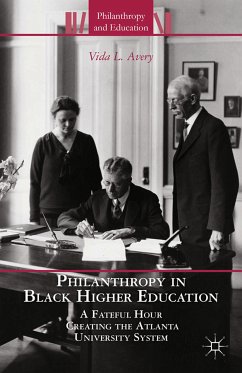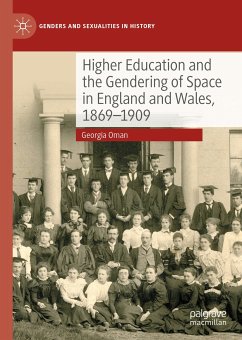
Education Policy and Equal Opportunity in Japan (eBook, PDF)

PAYBACK Punkte
51 °P sammeln!
In many societies today, educational aims or goals are commonly characterized in terms of "equality," "equal opportunity," "equal access" or "equal rights," the underlying assumption being that "equality" in some form is an intelligible and sensible educational ideal. Yet, there are different views and lively debates about what sort of equality should be pursued; in particular, the issue of equality of educational opportunity has served as justification for much of the postwar restructuring of educational systems around the world. The author explores different interpretations of the concept o...
In many societies today, educational aims or goals are commonly characterized in terms of "equality," "equal opportunity," "equal access" or "equal rights," the underlying assumption being that "equality" in some form is an intelligible and sensible educational ideal. Yet, there are different views and lively debates about what sort of equality should be pursued; in particular, the issue of equality of educational opportunity has served as justification for much of the postwar restructuring of educational systems around the world. The author explores different interpretations of the concept of equality of educational opportunity in Japan, especially as applied to post-World War II educational policies. By focusing on the positions taken by key actors such as the major political parties, central administrative bodies, teachers' unions, and scholars, he describes how their concepts have developed over time and in what way they relate to the making of educational policy, especially in light of Japan's falling birthrate and aging society.
Dieser Download kann aus rechtlichen Gründen nur mit Rechnungsadresse in A, B, BG, CY, CZ, D, DK, EW, E, FIN, F, GR, HR, H, IRL, I, LT, L, LR, M, NL, PL, P, R, S, SLO, SK ausgeliefert werden.




